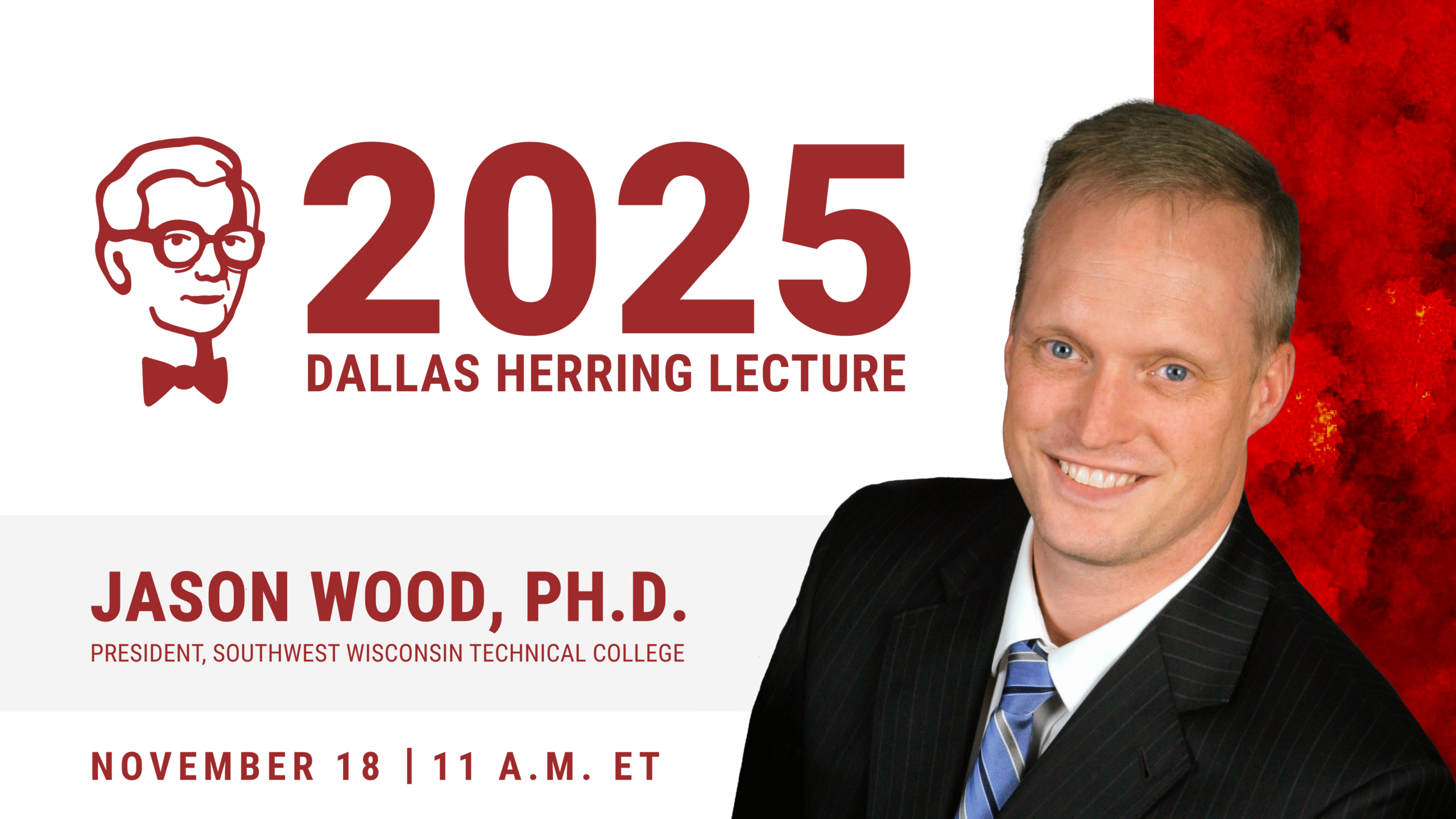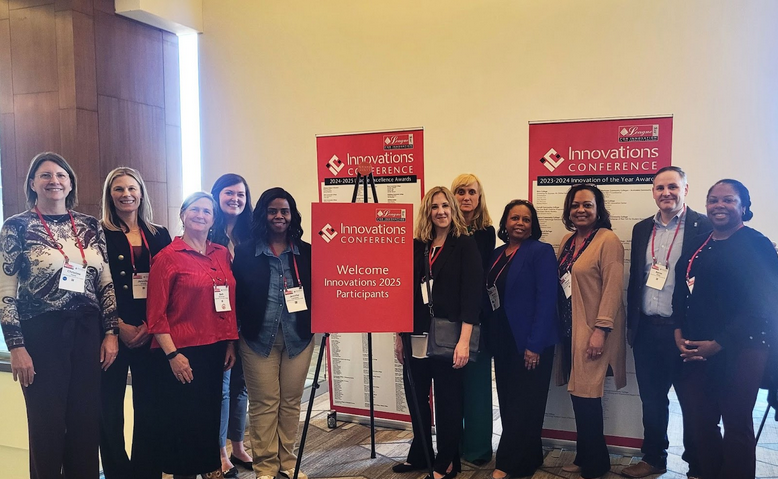New Belk Center Guide Highlights Faculty Insights on Supporting Adult Learners
Despite seeing a drop in enrollment during the pandemic, community colleges have since experienced increases in their enrollment – especially among individuals 25 years or older. To support student success, then, it has become increasingly important for community colleges to adapt to the needs and challenges of these adult learners, who now make up more than half of their student populations. Given the unique opportunity faculty have to engage adult learners, they play a significant role in giving them the support they need to succeed both inside and outside the classroom.
This new guide, titled “Faculty Perspectives Guide for Adult Learner Success: How Faculty Support Adult Learners in North Carolina Community Colleges,” discusses practical resources, insights and strategies faculty can use to enhance the adult learner experience in community colleges. Faculty from across the state directly contributed to the publication, including the foreward which was written by the co-directors of the North Carolina Teaching & Learning Hubs. The guide integrates lessons learned from faculty focus groups at NC Reconnect colleges – including insights related to the Five P Framework – and highlights professional development opportunities for faculty teaching adult learners.
Key takeaways include:
- Utilizing the Five P Framework: Faculty play a key role in advancing public messaging by checking in on students and keeping them informed, strengthening community college partnerships by connecting adult learners to campus resources, simplifying processes to help students stay on track, building pathways to decrease time-to-degree for adult learners, and increasing proximity to support systems on campus through adult learner networks and mentorship opportunities.
- Providing flexibility in the classroom: To help adult learners prioritize their studies while juggling other responsibilities, faculty can incorporate flexible instructional methods and allow for greater flexibility in submitting assignments.
- Sharing resource knowledge: As those uniquely positioned to identify crises and observe adult learners’ unique needs, faculty can facilitate quicker interventions by connecting students to the college’s internal and external resources.
- Enhancing communication: To keep adult learners informed and engaged, faculty can strengthen communication through frequent updates and reminders, clear assignment instructions and the use of multiple communication channels.
- Assessing PACE Climate Survey results: Data from the PACE Climate Survey shows that while 91% of faculty believe they are meeting the needs of students, faculty perceive that their colleges are not meeting students’ needs in the same way. Given how much time faculty spend with adult learners, colleges can elevate their perspectives to others on campus about how to best support students.
- Learning from the HI-PASS program: To decrease barriers for adult learners, faculty can focus their efforts on improving familiar teaching methods rather than introducing new ones, creating and reinforcing flexible options for students, and reducing stressors by minimizing the learning of new skills and technologies unrelated to course content.
- Maximizing professional development opportunities: Faculty eager to advance adult learner success can find support through the Belk Center for Community College Leadership and Research, the North Carolina Community College System Office, the Council for Adult and Experiential Learning and Achieving the Dream. From conferences, webinars and online courses to reports, case studies and Teaching and Learning Hubs, faculty can access a number of practical resources and training and networking opportunities to support their work with adult learners.
About the Belk Center
The Belk Center for Community College Leadership and Research (Belk Center) works to distill knowledge into actionable insights, create meaningful opportunities for collaboration, and equip leaders to tackle pressing issues in higher education. Since 2021, the Belk Center has served as the official research partner of NC Reconnect, a state-wide effort created and led by the John M. Belk Endowment (JMBE) designed to recruit and support adult learners in North Carolina’s community colleges.


